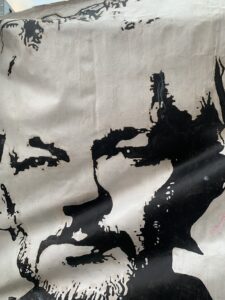Assange is free, but media freedom is in peril

A US judge has given Wikileaks publisher Julian Assange an early birthday gift, freeing him to return to Australia.
He’s been convicted of espionage for his role in revealing war crimes and other wrongdoing by the US government and its forces in Iraq and Afghanistan in 2010.
He pleaded guilty to one charge of espionage but has been freed after a judge sentenced him to “time served” – that is, the 62 months he’d served in the UK while fighting extradition to the US.
This is a rare conviction under US espionage laws.
But this was journalism, very much in the public interest.
It is understandable that Assange wanted to end his ordeal – after spending 5 years in Belmarsh Prison in the UK (in solitary confinement a lot of the time) and 7 years in the Ecuadorian Embassy before that.
As Assange was winging his way to the US territorial island of Saipan, to go before the judge, I spoke to Al Jazeera about what was at stake.
